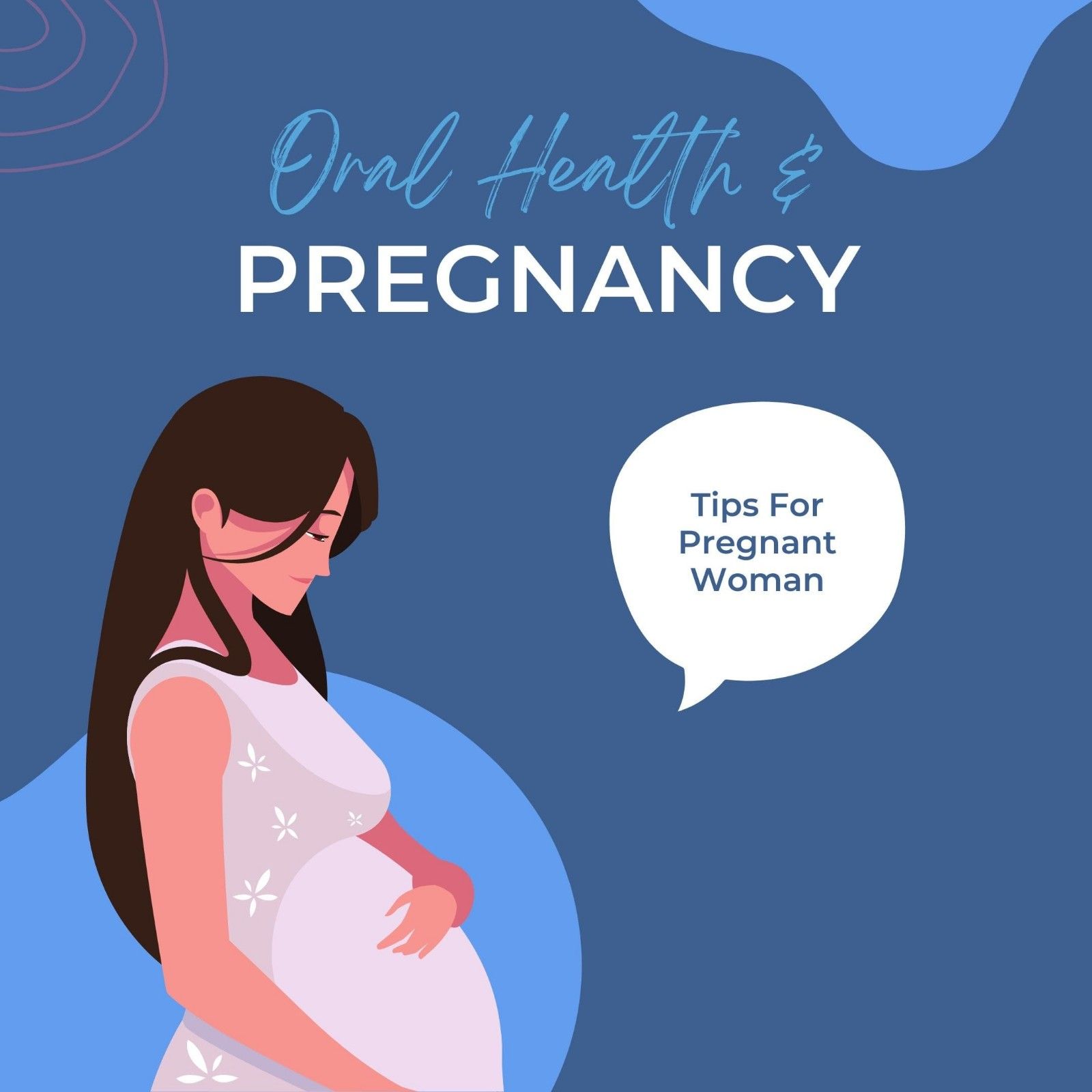Pregnancy is an exciting and transformative time in a woman’s life. While most mothers-to-be focus on nutrition, prenatal care, and preparing for their baby’s arrival, one important aspect of health is often overlooked—oral health.
Hormonal changes during pregnancy can have a significant impact on your teeth and gums, increasing the risk of certain dental issues. At J Dental Care, we want every expecting mother to understand how pregnancy affects oral health and what steps can be taken to maintain a healthy smile throughout this special journey.
How Pregnancy Changes Your Mouth
Your body goes through many changes during pregnancy, and some of these directly affect your mouth. Increased levels of estrogen and progesterone can influence how your gums react to plaque, leading to inflammation and other issues. In addition, cravings, morning sickness, and changes in eating habits can impact tooth health.
The main oral health concerns during pregnancy include:
-
Pregnancy Gingivitis
Up to 70% of pregnant women experience some form of gingivitis during pregnancy. This condition causes red, swollen, and tender gums that may bleed during brushing or flossing.
Why it happens: Hormonal changes make your gums more sensitive to plaque buildup, which triggers inflammation.
What to do:
- Brush twice daily with fluoride toothpaste.
- Floss daily to remove plaque between teeth.
- Schedule professional dental cleanings to keep plaque under control.
Untreated gingivitis can progress to periodontal disease, which has been linked to preterm birth and low birth weight.
-
Increased Risk of Cavities
Pregnancy cravings, especially for sugary or carb-heavy snacks, can increase the likelihood of tooth decay. In addition, morning sickness can coat your teeth in stomach acids, which weaken enamel.
Tips for prevention:
- Limit sugary snacks and drinks.
- Rinse with water after vomiting to neutralize acid.
- Use a fluoride mouth rinse for extra enamel protection.
-
Pregnancy Tumors (Pyogenic Granulomas)
Some women develop small, red, raspberry-like growths on their gums, typically during the second trimester. These are called pregnancy tumors and are not cancerous. They are caused by hormonal changes and irritation from plaque.
Treatment:
Most disappear after childbirth, but if they interfere with eating or oral hygiene, your dentist may recommend removal.
-
Dry Mouth and Excess Saliva
Pregnancy can cause changes in saliva production—some women experience dry mouth, increasing cavity risk, while others notice excess saliva, particularly in early pregnancy.
Solutions:
- For dry mouth: Stay hydrated, chew sugar-free gum, and avoid caffeine.
- For excess saliva: Sip water frequently and try small, frequent meals.
Oral Health and Baby’s Well-being
Your oral health during pregnancy doesn’t just affect you—it can also impact your baby’s health. Studies suggest that severe gum disease may be associated with complications like premature birth, low birth weight, and preeclampsia.
Bacteria from gum infections can enter the bloodstream, potentially affecting the placenta and developing baby. That’s why maintaining healthy gums is an important part of prenatal care.
Safe Dental Care During Pregnancy
Many expecting mothers worry about whether it’s safe to visit the dentist during pregnancy. The good news is that routine dental care is not only safe—it’s recommended.
Best practices for dental visits:
- First and Second Trimesters: Ideal time for cleanings, exams, and any necessary treatments.
- Third Trimester: Dental visits are still safe but may be less comfortable due to difficulty lying back for long periods.
- X-rays: Can be taken if necessary, using lead aprons and minimal exposure.
- Medications: Dentists will prescribe only pregnancy-safe medications if needed.
Oral Care Tips for Expecting Mothers
To keep your smile healthy during pregnancy:
- Brush twice daily with fluoride toothpaste.
- Floss every day to prevent gum disease.
- Eat a balanced diet rich in calcium, vitamin D, and protein for your baby’s developing teeth.
- Rinse with water after snacking to reduce acid exposure.
- Visit your dentist for preventive checkups.
Myth-Busting: “Dental Care Can Wait Until After Pregnancy”
Some women skip dental visits while pregnant, thinking it’s safer to wait. In reality, ignoring dental issues can make problems worse and potentially impact both you and your baby’s health. Preventive and restorative dental treatments are not only safe but can also prevent future complications.
Final Thoughts
Pregnancy is a beautiful journey, but it also brings unique oral health challenges. By staying proactive with your dental care, you can protect both your smile and your baby’s well-being.
At J Dental Care, we provide gentle, comprehensive dental services tailored for expecting mothers. Whether you need a routine cleaning, gum care, or advice on managing pregnancy-related dental concerns, our team is here to support you every step of the way.
Your health matters—for you and your growing baby. Schedule your prenatal dental checkup today and keep your smile glowing throughout your pregnancy.






